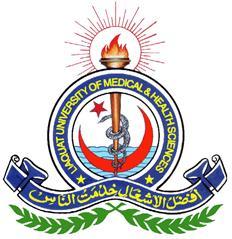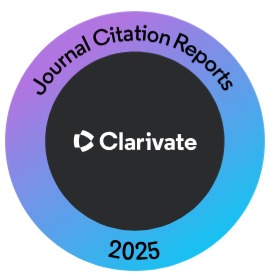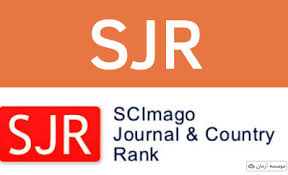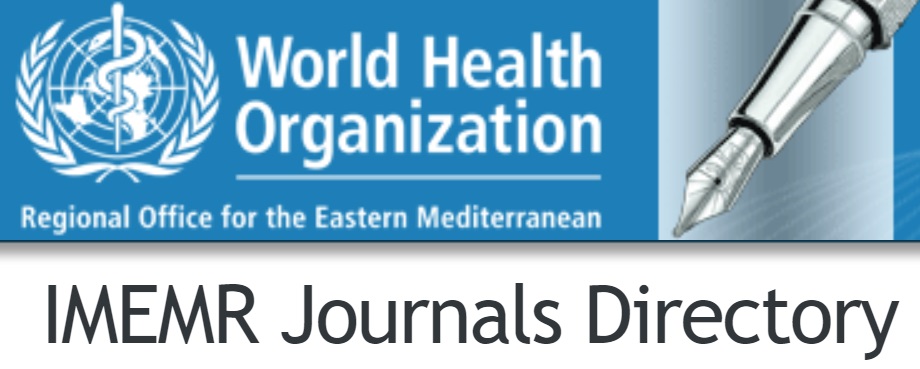MRI Grading of Lumbar Spine Degenerative Disc Disease using a Modified Pfirrmann Grading System
Abstract
OBJECTIVE: To evaluate the extent of involvement and severity of intervertebral degenerative disc disease on MRI lumbar spine by using a modified pfirrmann grading system in patients with low back pain.
METHODOLOGY: This cross-sectional study was conducted at the radiology department of GMC hospital Sukkur from August 2021- January 2022. T2 weighted images of the MRI lumbar spines of 460 consecutive patients were retrospectively reviewed, and the severity of degeneration was assessed using a modified pfirrmann grading system. Patients with imaging features of degenerative disc disease on MRI lumbar spine were included in the study. Patients with a history of trauma, surgery and infection of the lumbar spine were excluded from the study. Data was collected and analyzed using SPSS version 21.
RESULTS: Disc degeneration was classified by a modified pfirrmann grading system score from 1-8, with no disc score in grades 1, 2 and 3. Other discs score were 13(2.82%), 41(8.9%), 187(40.6%), 125 (27.1%) and 94(20.4%) in grade 4,5,6,7 and 8 respectively.
CONCLUSION: This study concludes that a modified pfirrmann grading system is helpful in the assessment of the severity of lumbar spine intervertebral disc degeneration. It is an easy and reliable method and can be easily applicable for better correlation between radiological findings and clinical diagnosis. This grading helps in early detection and decides the mode of treatment; there is a lack of precise knowledge and data available in our country.
KEYWORDS: MRI lumbar spine, low back pain, intervertebral disc degeneration, intervertebral disc scoring system, modified pfirrmann grading.
Downloads
Published
How to Cite
Issue
Section
License
Copyright (c) 2023 Journal of Liaquat University of Medical & Health Sciences

This work is licensed under a Creative Commons Attribution-NonCommercial-ShareAlike 4.0 International License.
Submission of a manuscript to the journal implies that all authors have read and agreed to the content of the undertaking form or the Terms and Conditions.
When an article is accepted for publication, the author(s) retain the copyright and are required to grant the publisher the right of first publication and other non-exclusive publishing rights to JLUMHS.
Articles published in the Journal of Liaquat University of Medical & health sciences are open access articles under a Creative Commons Attribution-Noncommercial - Share Alike 4.0 License. This license permits use, distribution and reproduction in any medium; provided the original work is properly cited and initial publication in this journal. This is in accordance with the BOAI definition of open access. In addition to that users are allowed to remix, tweak and build upon the work non-commercially as long as appropriate credit is given and the new creations are licensed under the identical terms. Or, in certain cases it can be stated that all articles and content there in are published under creative commons license unless stated otherwise.























